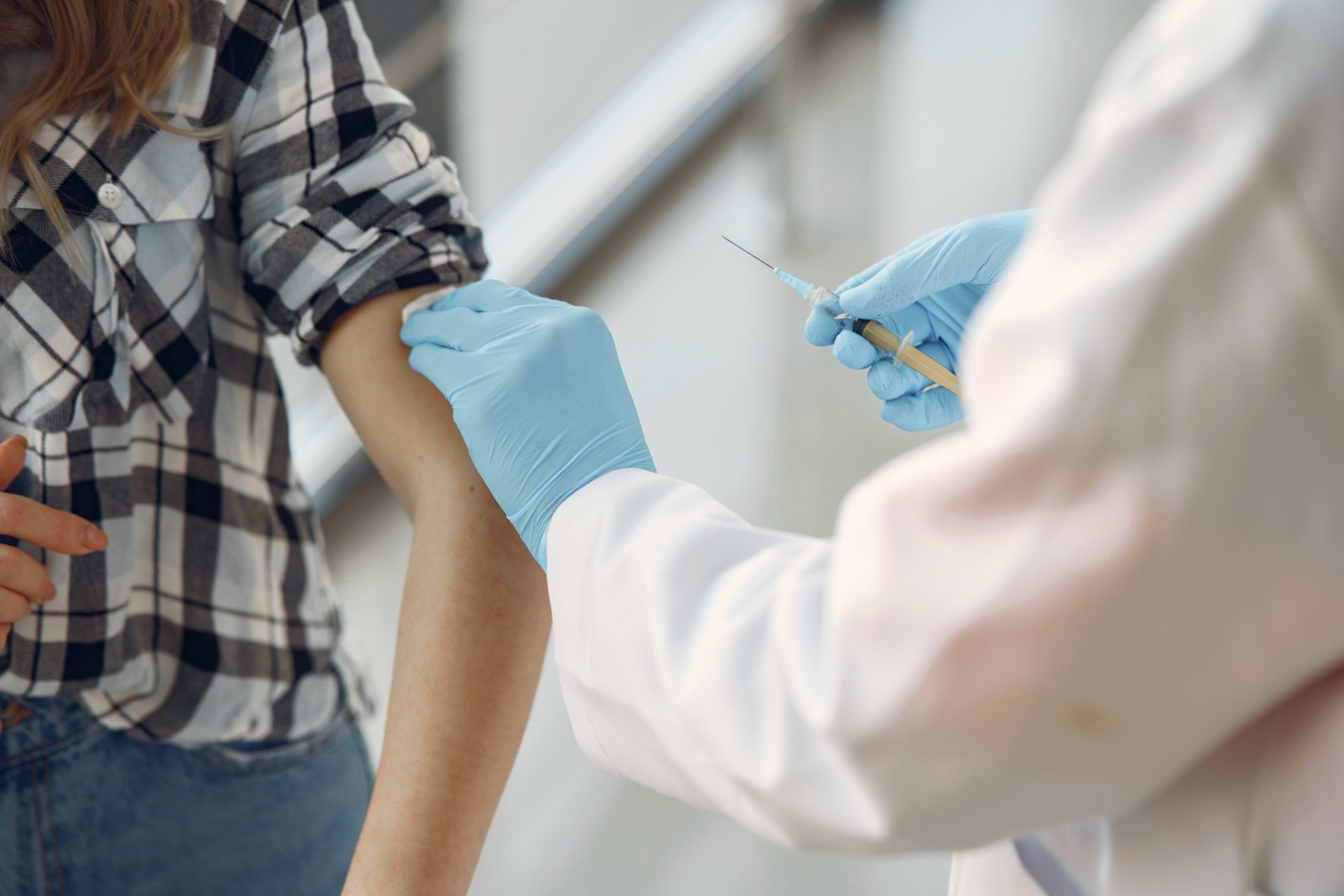12/6/2021
With the emergence of the Omicron variant of COVID-19, public health officials have been rethinking their previous recommendations regarding coronavirus booster shots. Prior to this week, experts believed that there was not enough evidence to support the need for extra vaccine doses for the vast majority of the population. However, with the new Omicron variant, much uncertainty has been injected into the booster conversation.
At the time of writing, there is currently no definitive evidence regarding the transmissibility of Omicron compared to other variants of coronavirus, including the Delta variant. While a greater number of people in South Africa, where the variant was first detected, tested positive for Omicron, it is not known whether this was due to higher transmissibility of the variant or other factors. It is also unclear if Omicron causes the development of more severe disease within infected individuals.
The World Health Organization (WHO) is currently working to understand the impact of Omicron on vaccines. In the meantime, the WHO has stated that vaccines are still critical to reducing severe disease and death. Because most individuals in the United States received their vaccinations earlier in the year, public health officials are starting to recommend the administration of booster shots in vulnerable populations, including those who are immunocompromised, live in communal facilities, or are over the age of 65, as booster shots can raise antibody levels and strengthen the immune response to infection. Some experts who previously opposed boosters for the general population now believe that boosters are the best defense against Omicron, as the extra doses may slow the spread and allow time for researchers to develop Omicron-specific vaccines, if necessary.
On Monday, officials at the Centers for Disease Control and Prevention announced that all American adults should receive booster shots. As recently as Wednesday, the first case of Omicron in the U.S. was detected in San Francisco in an individual who returned to California from South Africa.
Health officials unanimously agree that now, more than ever, is the time for people who are not yet vaccinated to get vaccinated. However, many officials are still wary of the need for boosters, citing a lack of evidence to support universal booster administration. Some experts believe that if vaccinated people infected with the Omicron were still in need of hospitalization, that would be a cause for great concern. But limited evidence of this hospitalization suggests that vaccines are still effective in preventing severe illness.
Another factor to consider is that greater support for boosters within the U.S. can inhibit efforts to deliver much-needed vaccines and supplies to other countries. The WHO has reported that for months, the demand for additional vaccine doses in wealthier nations has robbed low-resource countries of the first doses they need.
The discovery of the Omicron variant has clearly complicated conversations about booster eligibility and administration, as well as the global demand for vaccines. Should all adult citizens in the United States be eligible to receive a booster shot, or should there be more research conducted before this is recommended? Should we seek to give booster doses to our citizens first, or focus on assisting in the effort to vaccinate people globally? One thing is clear: our actions in the coming weeks may have serious public health consequences both domestically and overseas.

